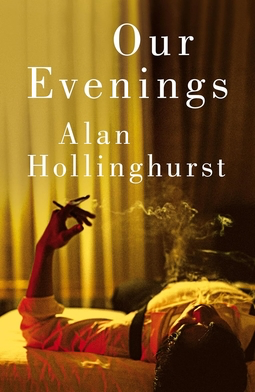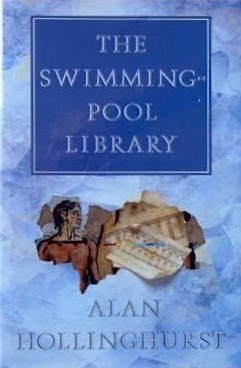Is there a difference between exposition and telling?
Exposition is a literary device used to introduce background information about characters, settings, and events in a story. It provides necessary context for readers to understand the plot. I always think that exposition explains story, providing background and back-story, establishing the setting and introducing characters.
"Show, don't tell" is a writing technique that encourages authors to convey emotions and actions through sensory details and character behaviour rather than through straightforward exposition. This method allows readers to experience the story more vividly. Key aspects include: sensory details: describing what characters see, hear, smell, taste, and feel; character actions; illustrating emotions through actions rather than stating them outright, and dialogue: Using conversations to reveal character traits and emotions without explicit explanations.
When used to poor effect, exposition is the ‘tell’ of show, don’t tell. Overused, or wrongly used, exposition can ravage a good story in the making. It becomes particularly redundant when the writer allows the actions to be held up by ‘telling’, rather than ‘showing’ ––that is, the creation of scenes that drop the reader into the character’s lives with action and dialogue. It can also take the shine away when it appears in dialogue or interior monologue, or through epistolary form, such as newspaper articles or emails.
You can broadly (but not absolutely) think that;
exposition = tell
scenes = show
In a scene the character is present in every sense – literally – of the word – their five senses are operating there and then, and their sixth sense – the way they experience the world – is operating too. To show this happening pulls the reader in.
Treat exposition warily. Depending on ‘tell’ to lay out your story is almost always unwise. However, exposition isn’t all bad. Although readers mostly think about exposition as the boring chunks of narrative that open a story to tell them what’s already happened (especially in 19th C literature), it can also describe, elucidate, clarify, interpret or summarise story, because;
- There would be too many scenes (or too big a flashback)
- a link needs to be made (i.e. between space or time)
- the author must convey information quickly (this is often when it’s useful in dialogue)
- The narrator wants to guide readers through some story stages.
Dramatise your exposition
If it can be useful, how do we prevent exposition becoming dull? If the background information, such as the historical elements, or ‘world building elements, is getting ‘told’ in chunks of exposition on the page, then take a breath, and rewrite, because such contextual stage-setting is best ‘shown’ as the story builds.
This is particularly true if you have needed to closely research information for your story. Bear in the front of your mind that, although it was interesting to learn, and although it took you blood sweat and tears, it is not what the reader wants to know about…not via exposition, anyway. They long for character conflicts and the sparks that fly from relationships.
In my novel In the Moors, available on Kindle and paperback, I needed to explain what had happened to Sabbie's hens overnight. I could have just used exposition...the fox got in and killed most of the birds...but that's as dull as ditchwater, when I can use 'show':
At the henhouse door I dropped my empty basket and cried out in raw distress. Slaughter lay at my feet. Saffron, the biggest of my hens, was gone, and Pettitgrain, my favourite, lay in the run, dead from a clean bite to the neck.The henhouse smelt of gore. Sickness swelled in my stomach, an expansion of loathing for the fox, no doubt now slumbering, replete. My brave cockerel, Cocky Bastard, who must have defended his harem to the last, lay on his side twitching steadily. I picked him up. His body was bloodied and broken. His eyes stared deep into mine. Quickly I broke his neck. The three remaining birds huddled in a corner making low, tense cluckings, as if they were discussing their traumatic night in hushed whispers...
The info dump
The information dump is a phrase used colloquially by scriptwriters, but it’s also something that can be an issue for writers of novels and short stories. An info dump is a type of exposition, commonly a gambit used when the writer wants the reader to know something that the characters already know, but also used to overcome other information issues. I've covered this issue in this blogpost
Part of the redrafting process is to check for unnecessary exposition, and liven it up by transforming it into 'show'. Have a look at one of your pieces of work, to check if you can get rid of any and help your story shine!


























